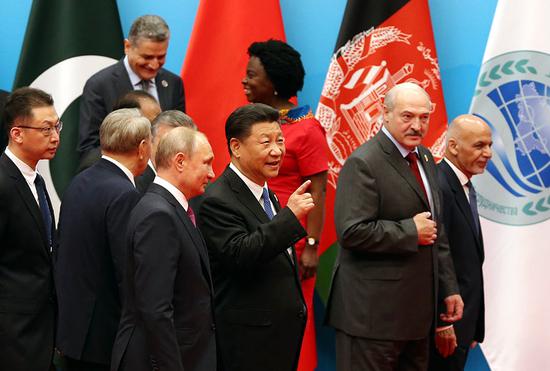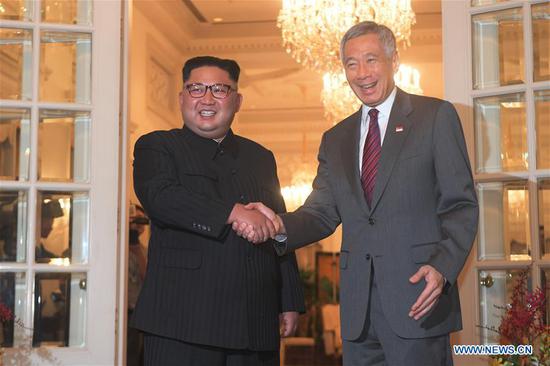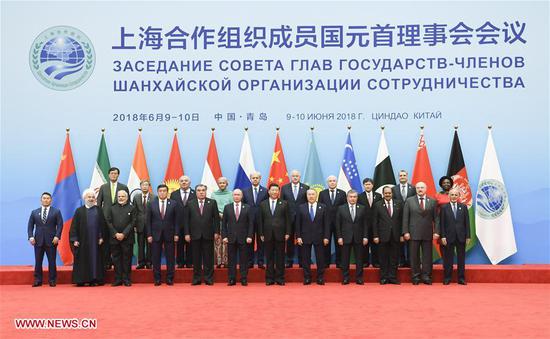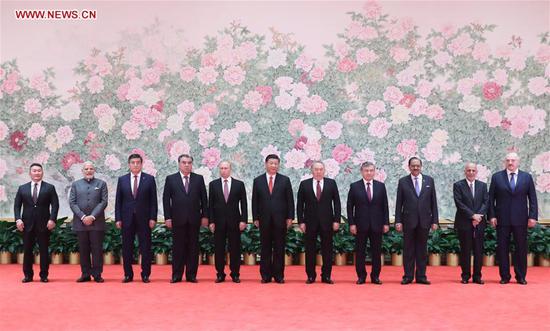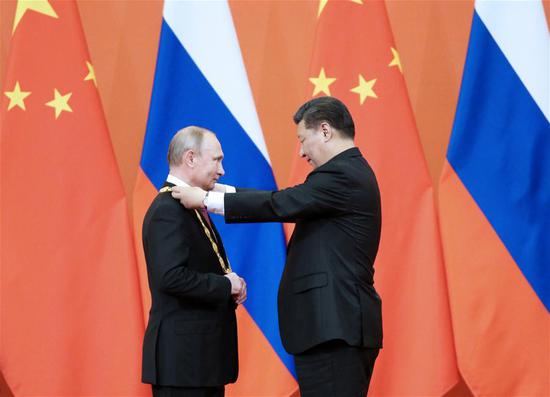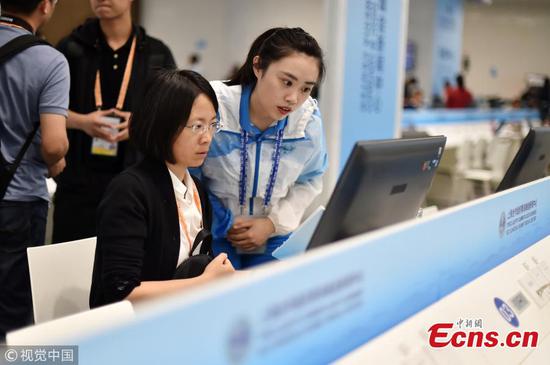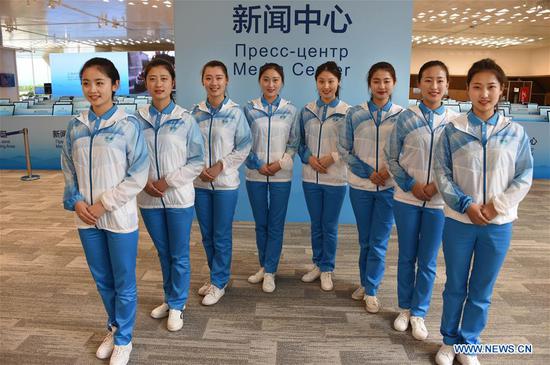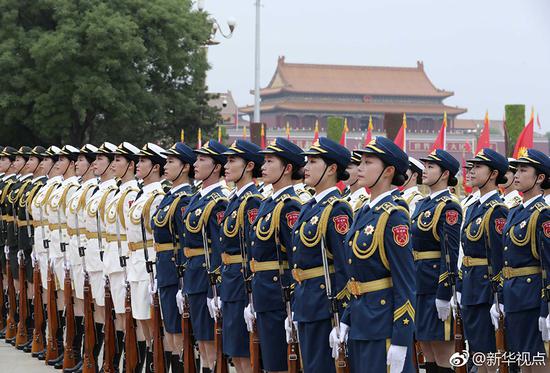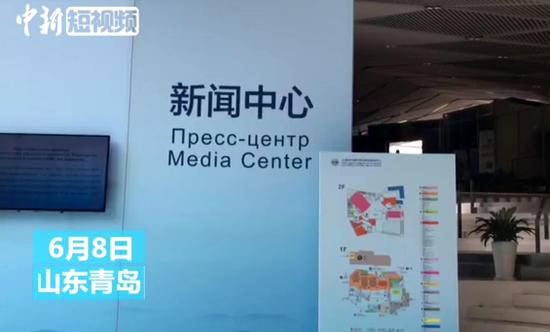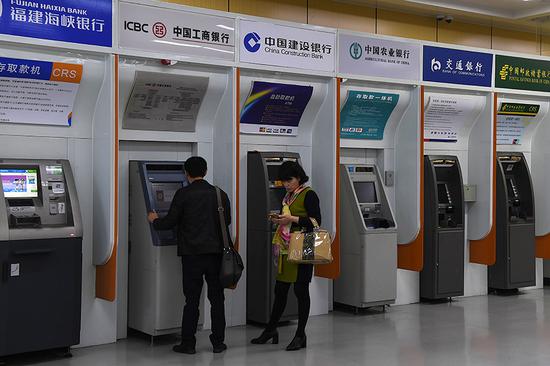
Customers of banks use ATMs at a public spot in Fuzhou, Fujian province. Shares of commercial banks fell on June 4, the first trading day after the PBOC announced changes to some monetary policy aspects on June 1. (Photo/China News Service)
Bank stocks fall as PBOC's quasi-easing on June 1 seen as being silent on rates
The quasi-easing of China's monetary policy on June 1 has not encouraged investors to raise their holdings of stocks of commercial banks, market sources said.
Expected further freeing of interest rates has not yet happened but still remains on financial regulators' reform agenda. It is a painful phase that the lenders cannot overlook, they said.
Hence, the market sentiment toward bank shares has not brightened in the wake of the June 1 move by the People's Bank of China, they said.
On that day, the central bank announced it will expand the range of financial instruments that can be pledged when commercial and policy banks borrow money through the medium-term lending facility or MLF.
The MLF is an innovative monetary policy tool to inject base money into the financial system and ease tight liquidity conditions relating to seasonal factors.
The next phase of reform, which is expected to give banks greater freedom to set their deposit rates, could lead to competition for people's savings.
Typically, when banks vie for people's savings, they tend to accept a trade-off as part of the bargain-they sacrifice part of their profits.
As a result, some banks, especially the smaller ones, may face pressure of insufficient capital and tightened liquidity, industry experts said.
This scenario has implications for the A-share market. About 60 percent of the listed banks' shares dropped below their net asset value or NAV on June 4, the first trading day after the PBOC move to inject additional liquidity into the banking system.
But market goings-on may not worry financial regulators as deleveraging and financial reforms are not their but policymakers' concerns.
A research note from CITIC Securities said the June 1 move is to prepare commercial banks for the next stage of interest rates liberalization reform. Any such reform would "especially support small and medium-sized" banks and encourage them to lend to the real economy, CITIC said in its note.
Industry observers said the monetary authority appears to be operating a "dual track" interest rate system comprising regulated interest rates and market-determined rates.
The target of interest rate reform is to gradually remove the government's administrative controls on interest rates.
Whether interest rates could play a significant role in effective resource allocation and transmission of monetary policy is a crucial criterion to assess a market economy, they said.
The PBOC has developed an interest rate "corridor" to influence the relatively free market rates, with the interest rate on excess reserves of banks serving as the floor while the interest rate on the standing lending facility or SLF as the ceiling.
Commercial banks, however, could suffer more headwinds this year when financial regulators start to assess their capital adequacy ratio under a new framework.
They are also under pressure to shift away from off-balance-sheet business, or to crack down on high-risk shadow instruments such as wealth management products, said Zhong Zhengsheng, director of macroeconomic analysis at CEBM Group, a subsidiary of Caixin Insight Group.
After his China visit in late May, the International Monetary Fund's First Deputy Managing Director David Lipton issued a statement that China should take advantage of the current growth and reform momentum, especially when the financial sector reforms have made strong progress recently, in order to achieve the goal of high-quality growth.
Lipton made those remarks after policy discussions with Chinese Finance Ministry officials. He said the monetary policy needs to become more price-based rather than quantity-based, and this transition should be continued, just as "to fix the roof while the sun is shining".









